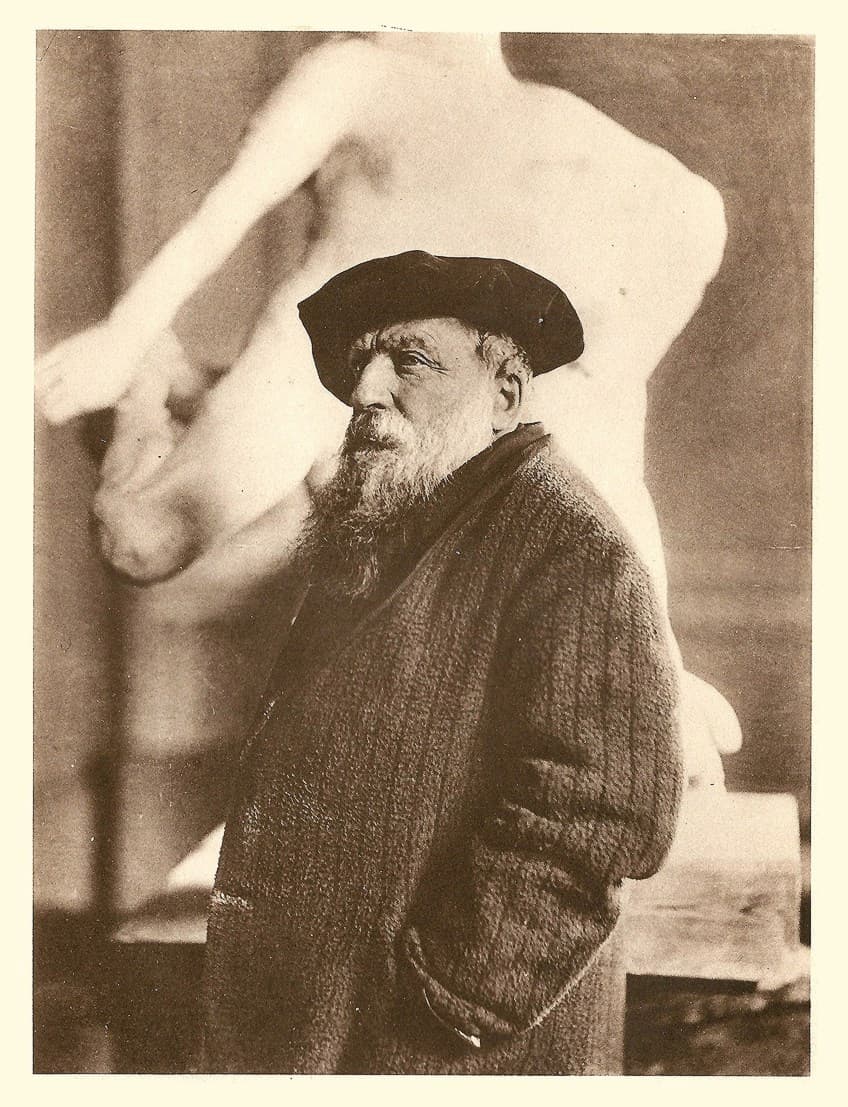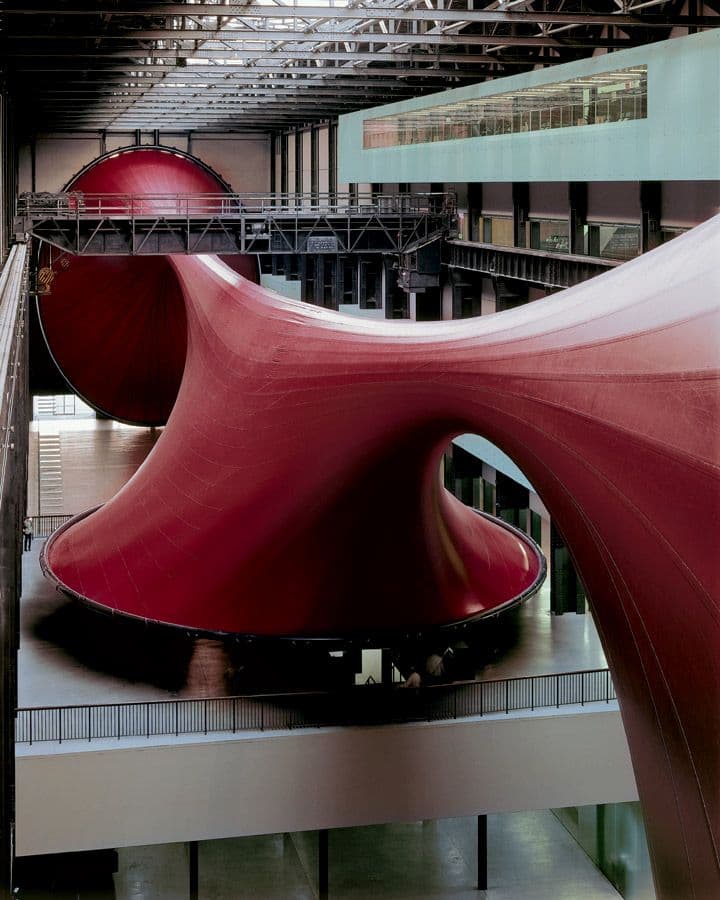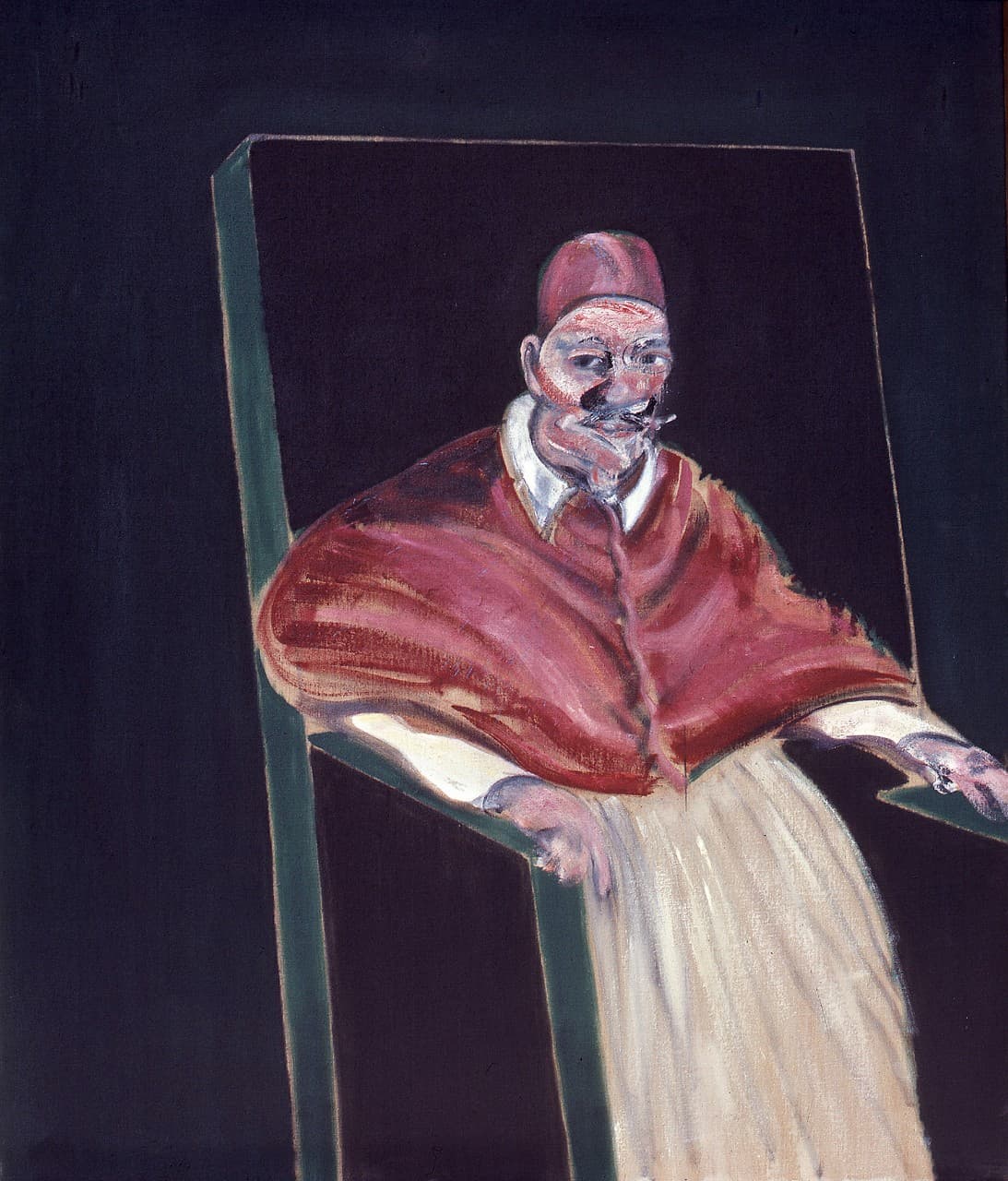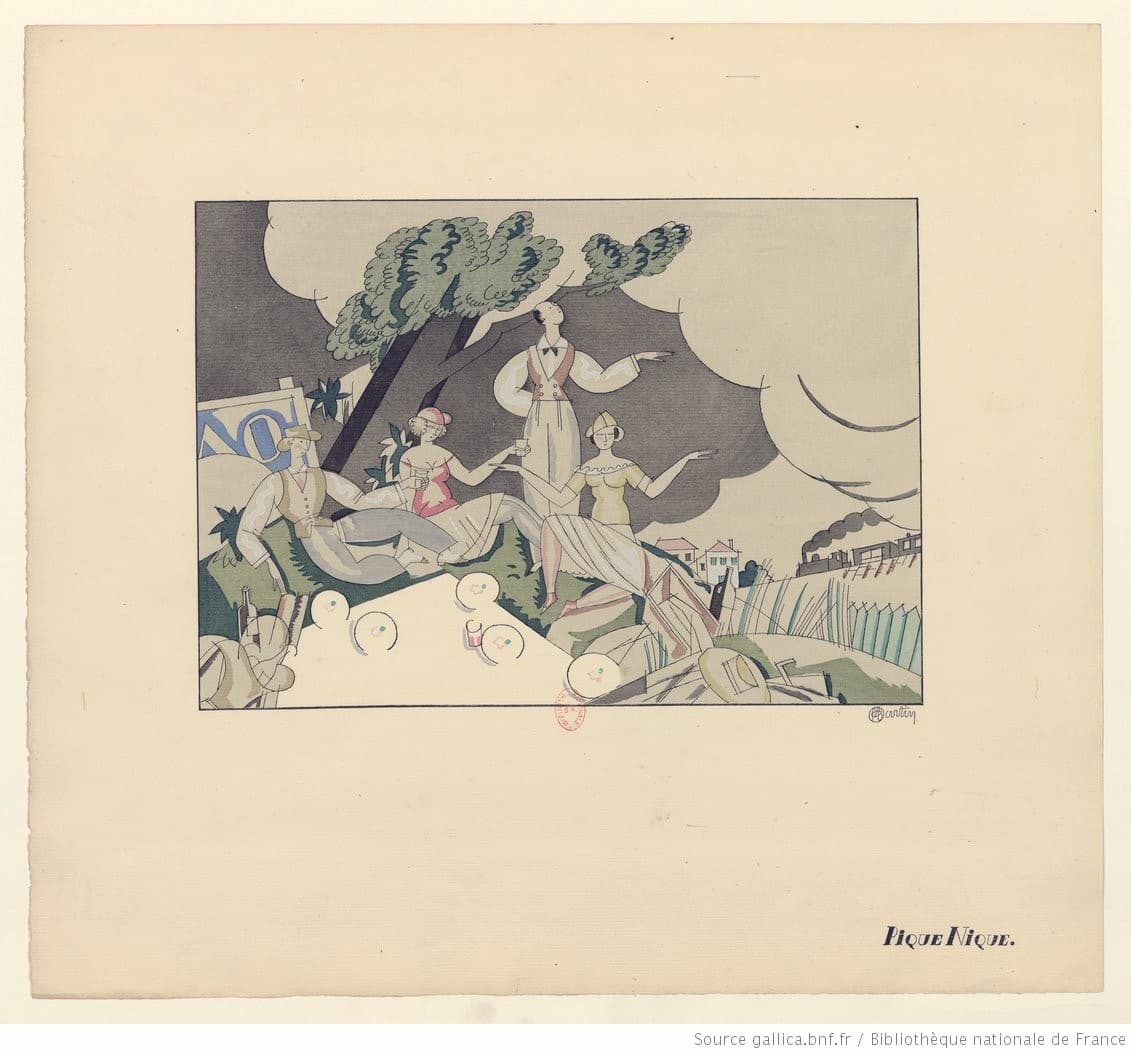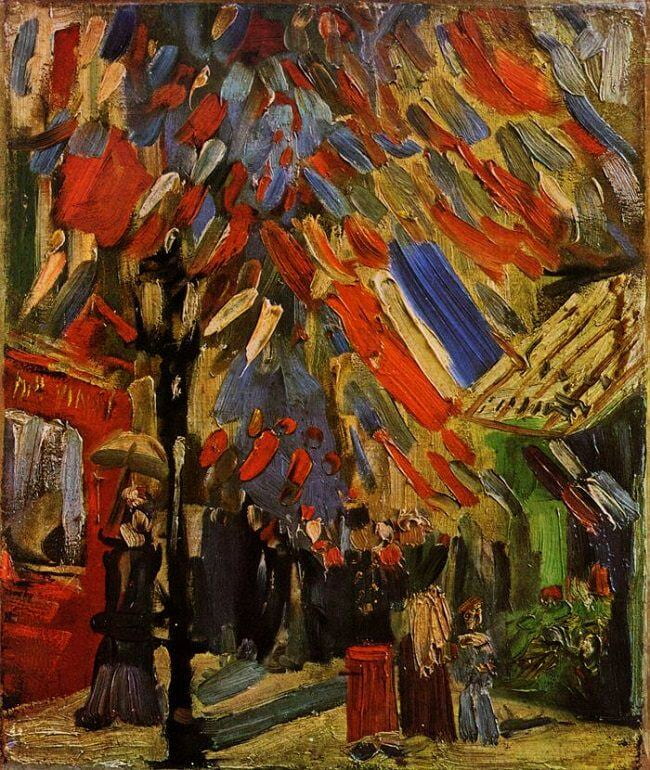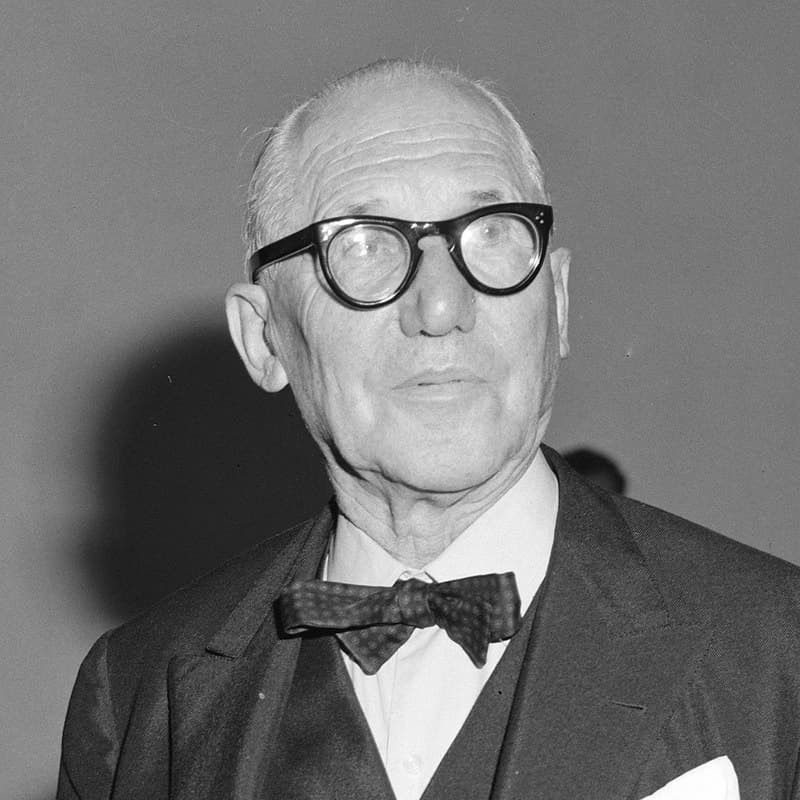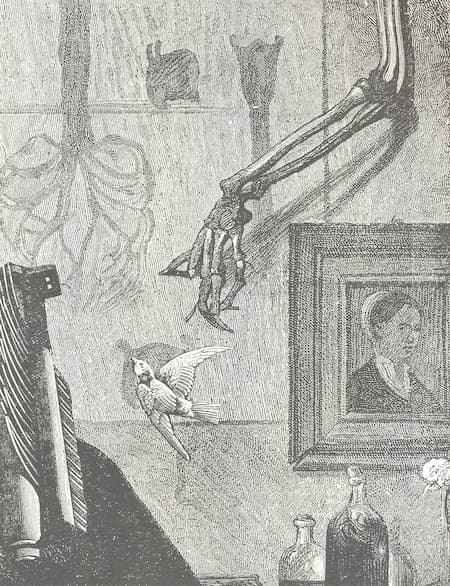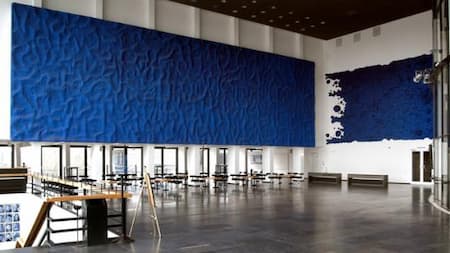One might argue that Auguste Rodin (1840-1917) is perhaps the most exhibited and collected sculptor in the world. His sumptuous bronze and marble figures, including the highly lauded “The Thinker” and “The Kiss,” are masterpieces by what some critics consider
In tune
Arvo Pärt: Lamentate The Tate Modern in London has one exhibition hall, the Turbine Hall, that is so large it becomes its own problem for artists. The space is 155m x 23m x 115m (500’ x 75’ x 115’) with
Mark-Anthony Turnage: Three screaming popes British artist Francis Bacon (1909-1992) was a figurative painter in terms of starting with a figure. Where he took that figure, into often unsettling portraits, made him one of the giants of contemporary British art.
Erik Satie: Sports et Divertissements Erik Satie‘s piano cycle Sports et divertissements was inspired by twenty drawings by the caricaturist Charles Martin, or perhaps it was the other way around: it was Satie’s ideas for the music that inspired the
Thea Musgrave: The Seasons Inspired by Paintings From the 15th to 20th Century When we think of a musical work called The Seasons, we first think of Vivaldi’s set of violin concertos or Glazunov’s ballet or Tchaikovsky’s cycle for piano,
Born in a small town in the Swiss Jura region famous for precision watchmaking on 6 October 1887, Charles-Édouard Jeanneret, later known as Le Corbusier, was one of the great pioneers of Modernism in architecture. His designs, buildings, and urban
George Antheil: La femme 100 têtes In 1929, the German/American/French artist Max Ernst (1891-1976) created a new kind of graphic novel. In La femme 100 têtes, he created his collage-novel (as he called it) by cutting up illustrations from 19th-century
Bernd Alois Zimmermann: Photoptosis (Incidence of Light) Created for the celebrations for the 100th anniversary of the Gelsenkirchen town bank, Bernd Alois Zimmerman’s 1968 work Photoptosis (Incidence of Light) looked to the gigantic paintings created by French artist Yves Klein

